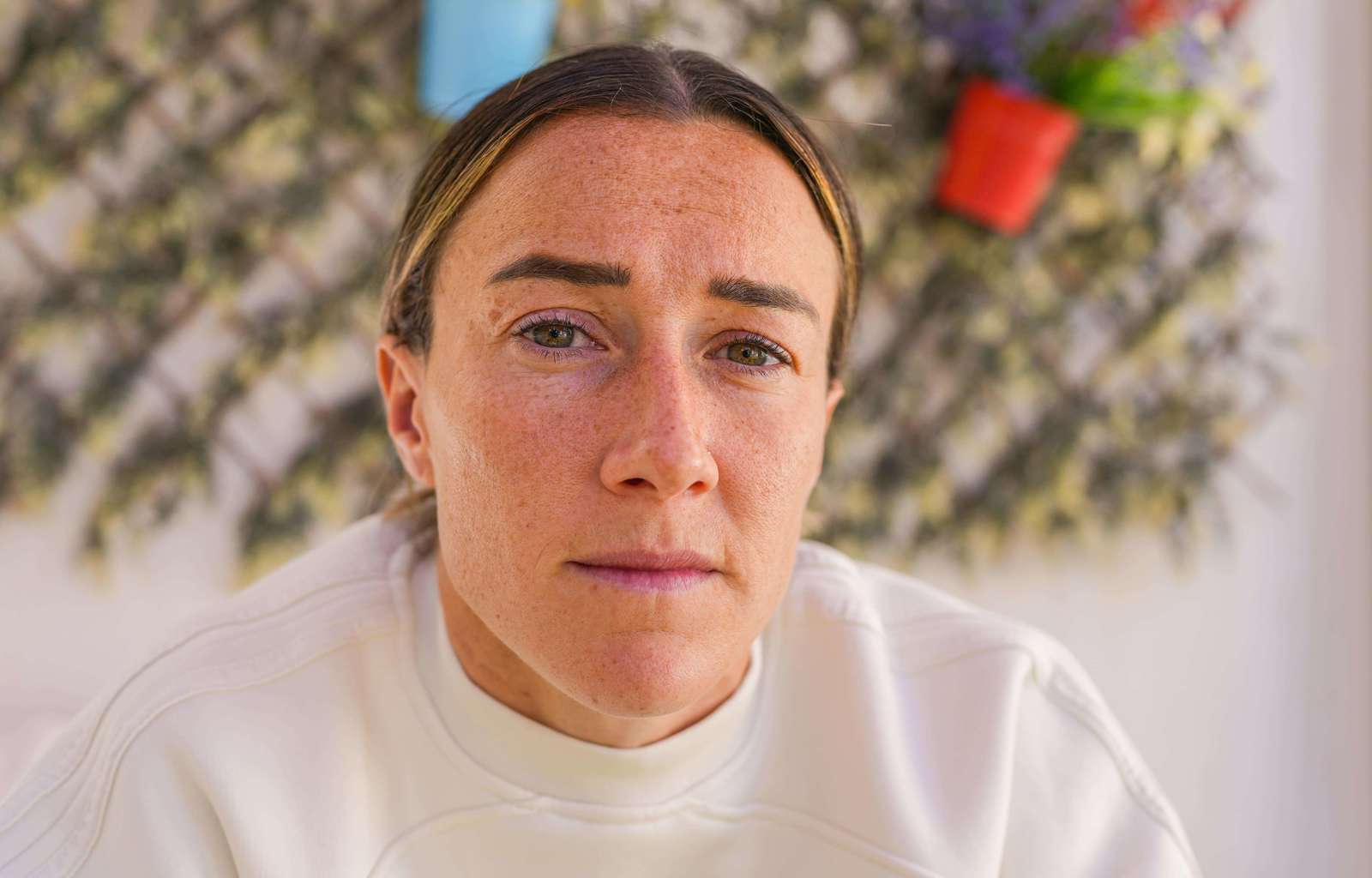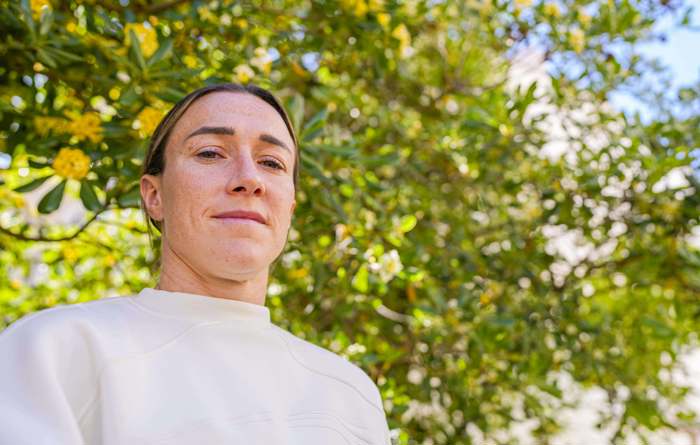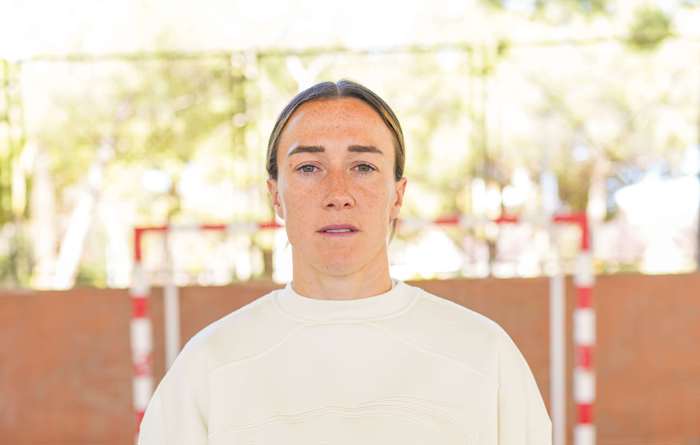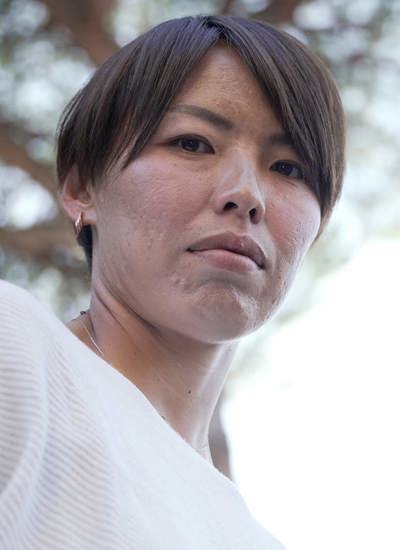

About
Lucy Bronze
#ShineALight
Lucy Bronze analyses the issues of overload and underload in the women’s game and how proper scheduling and rest periods for players should be considered when it comes to a congested match calendar.
For the first time in over a decade, I’m going on a family holiday this summer. Since I became a professional footballer, I’ve never had the chance.
On a personal level, I can’t wait – as an athlete I know my body and mind need a break.
We love to talk about how far women's football has come, but sometimes we maybe forget that it's still got a long way to go. Right now, a big part of that is addressing player workload in the women’s game.
In the last three or four years, the number of matches has increased for teams competing at the top level. As a result, there is a group of players suddenly dealing with much more game-time, without enough thought for what that means for them. To say a lot of players are constantly tired is an understatement.
We want to keep growing women’s football. We want to play in the big games. But there should also be opportunity for us to rest.

I joined Barcelona in June 2022. The squad here is quite large and competitive, so we're able to rotate a little more than most sides. But the schedule means we're in every day. It is a constant cycle of matches and training. Even if you don't play, you're either training after the game or the next day.
At times it can feel amazing, but other times you feel like, “I just need a day, even a day…”
I sit there and I think about what more I can do to prepare. I've got an ice bath at home, and I do everything I can to make sure I'm ready for the next game.
Physical exhaustion is obvious – you can see when players are tiring, and it’s tough to be constantly working on recovery. Mental exhaustion is much harder to gauge.
People like to look at numbers, stats they can measure, but recovery varies so much from player to player. You can be the same age, playing the same position in the same number of matches, and your experience could be completely different.
Players aren’t open about it because in the end we just want to please everybody in the game, and that means playing, even if we don’t feel right.




I understand why players are wary of saying, “I can't do this.” It might be pride, or fear of losing their place in the team. Nobody wants to hear people asking, “Can’t she handle it anymore? Can she still play like she used to?” You're scared of the questions.
I’ve been there. After winning the Champions League final with Lyon in 2019, I had two days off before heading to the Women’s World Cup. Just 48 hours. That’s it.
Two days of ‘rest’ before going to a World Cup to play every game, having just done the same in the Champions League. And one of those days I spent in the airport waiting for my flight. I always want to please the manager and play, play, play, so I told myself to keep going and to push through. It’s a constant battle between pride and performance.
It was only when the COVID pandemic hit the following year that I realised I'd been neglecting myself. It was crazy. I was like, “Wow, I actually get a rest” – something I’d never had in my career. It was then I realised I had been neglecting myself and that I actually needed to rest, both physically and mentally.
How can we solve this? It would be helpful if there were standards and regulations put in place for rest when scheduling international windows. Players would feel safer and feel like our wellbeing was being protected.
Nowadays so many players are playing in different countries, all with different domestic schedules – some are summer leagues, others are winter leagues, and most have different takes on when the season starts and winter breaks.
As a result, it's become really hard to plan the international calendar. It obviously shouldn't be the national team's responsibility to do that – there's just always something that’s going to clash.
And while the scheduling debate focuses on players who feel overworked, there are also players who could go for months without matches and then be expected to play at a high level. Those players probably don't feel like they have as much of a voice to be able to say, “Actually, we need more consistency in our game.” At the end of the day, there's no point in pushing one end of the game up. Everybody needs to grow at the same level.
“It would be helpful if there were standards and regulations put in place for rest when scheduling international windows”

With women's football, everything we do must be done properly because of how the game has exploded. When something new arrives, all eyes are on it.
The year England won the Euros, it was a hugely successful tournament, but not because we added more matches. The quality of our game improved, the stadiums we played in improved, and the finances of each country were improved.
From my perspective, England went into that competition with the best preparation we've ever had, and that led to our best performance in a tournament.
I think sometimes our clubs forget that we're still training when we are playing for our country. The intensity doesn't drop because you’re in the international set-up. I'd love them to see what we get up to on our ‘time off’. Come with me for the month and you'll see it's non-stop, then maybe you would understand why we need that extra recovery time – and why we’re asking for changes to the calendar that work for everyone.
I’m proud to be part of the FIFPRO Global Player Council, a group of players from different teams at different levels, reflecting different points of view. Players from all over the world feed back into us and being able to have those voices heard by the federations, FIFA, and UEFA is so important.
So many players are giving us their opinions on fixture congestion, and we're putting a lot of time and effort into offering solutions. Ultimately, players want to know that their welfare has been taken into account.
We're asking for proper rest periods and proper scheduling to end clashes. If the football calendar was organised in a way that those clashes didn't have to happen, it would take a weight off players’ minds so we can focus on our game.
As for me, with Team GB sadly not qualifying for the Olympics this time around, I’ve been able to make other plans this summer. And I must admit, I’m dead excited.
I just wish I didn’t have to miss a tournament to get the rest I need.
ShineALight: Issues that matter to players



